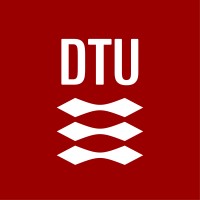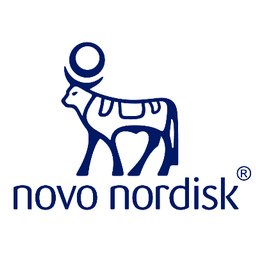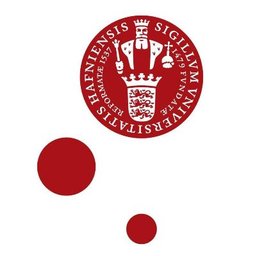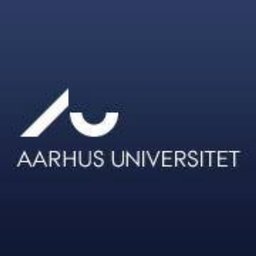We are looking for an ambitious molecular microbiologist/biologist with an interest in diet, intestinal microbiome and prevention of cardiometabolic diseases (CMDs), for a 3-year postdoc position.
You will be part of our internationally renowned Research group for Gut, Microbes, and Health at DTU National Food institute. We offer a dynamic and sociable research environment with lots of exiting challenges and opportunities. The postdoctoral project is part of the newly established research center Microbiome Health Initiative (MHI), funded by the Novo Nordic Foundation. The aim of this Postdoc project is to understand diet-induced regulation of CMD-associated gut microbial metabolites, using in vivo models.
Responsibilities and qualifications
You will be working independently with the postdoctoral project in close collaboration with our research group, as well as with other research groups at DTU National Food Institute. You will be involved in teaching Bachelor, Master, and PhD projects in our group, and will also be expected to contribute to other tasks at the department.
We expect that you have a solid background in experimental animal models and microbiology as well as experience with gut microbiome and metabolome analysis. You need to be ambitious, highly motivated, capable of working independently, and have good skills within written and spoken English.
The new colleague we are seeking has extensive experience with animal experimentation and dietary interventions in these models, and ideally experience with both sequence-based analysis of bacterial communities and characterization of chemical compounds e.g. by LC-MS/MS.
Required skills:
- Extensive experience with animal experiments
- Experience with next generation sequencing of bacterial communities
- Good knowledge of chemical analysis of gut microbial metabolites
- Capable of working independently
- Motivated by both personal and team accomplishments.
As a formal qualification, you must hold a PhD degree (or equivalent).
We offer
DTU is a leading technical university globally recognized for the excellence of its research, education, innovation and scientific advice. We offer a rewarding and challenging job in an international environment. We strive for academic excellence in an environment characterized by collegial respect and academic freedom tempered by responsibility.
Salary and terms of employment
The appointment will be based on the collective agreement with the Danish Confederation of Professional Associations. The allowance will be agreed upon with the relevant union.
The starting date is 1 November 2025 (or according to mutual agreement). The position is a full-time position.
The period of employment is 3 years.
You can read more about career paths at DTU here.
Further information
Further information may be obtained from Senior Researcher and Head of Research Group, Martin Steen Mortensen on [email protected].
You can read more about DTU National Food Institute at DTU National Food Institute. DTU National Food Institute is located in Kongens Lyngby.
If you are applying from abroad, you may find useful information on working in Denmark and at DTU at DTU – Moving to Denmark.
Application procedure
Your complete online application must be submitted no later than 1 September 2025 (23:59 Danish time).
Applications must be submitted as one PDF file containing all materials to be given consideration. To apply, please open the link "Apply now", fill out the online application form, and attach all your materials in English in one PDF file. The file must include:
- Application (cover letter)
- CV
- Academic Diplomas (MSc/PhD – in English)
- List of publications
Applications received after the deadline will not be considered.
All interested candidates irrespective of age, gender, disability, race, religion or ethnic background are encouraged to apply. As DTU works with research in critical technology, which is subject to special rules for security and export control, open-source background checks may be conducted on qualified candidates for the position.
DTU National Food Institute
DTU National Food Institute conducts research into and disseminates - through advice, innovation and teaching - sustainable and value-creating solutions in the area of food and health for the benefit of society. The vision is to make a difference by generating future prosperity through research into food and health. The institute works to prevent disease and promote health, develop new and better food products for a growing population and create sustainable technological solutions, including biosolutions. The institute’s tasks are carried out in interdisciplinary collaboration within e.g. nutrition, chemistry, toxicology, microbiology, epidemiology, modelling, and technology. This is achieved through a strong academic environment of international top class with correspondingly skilled researchers and employees. The Institute employs approximately 350 staff members.
The Microbiome Health Initiative (MHI)
The new Denmark-based research initiative MHI aims to establish a potential causal link between the gut microbiome – the combined genetic material of the communities of bacteria and other microbes in the human gut – and the development of cardiometabolic diseases (CMD) such as obesity, type 2 diabetes, and cardiovascular disease. The goal is to generate knowledge that can lead to new prevention or treatment options for people living with, or at risk of, CMD.
Technology for people
DTU develops technology for people. With our international elite research and study programmes, we are helping to create a better world and to solve the global challenges formulated in the UN’s 17 Sustainable Development Goals. Hans Christian Ørsted founded DTU in 1829 with a clear mission to develop and create value using science and engineering to benefit society. That mission lives on today. DTU has 13,500 students and 6,000 employees. We work in an international atmosphere and have an inclusive, evolving, and informal working environment. DTU has campuses in all parts of Denmark and in Greenland, and we collaborate with the best universities around the world.




